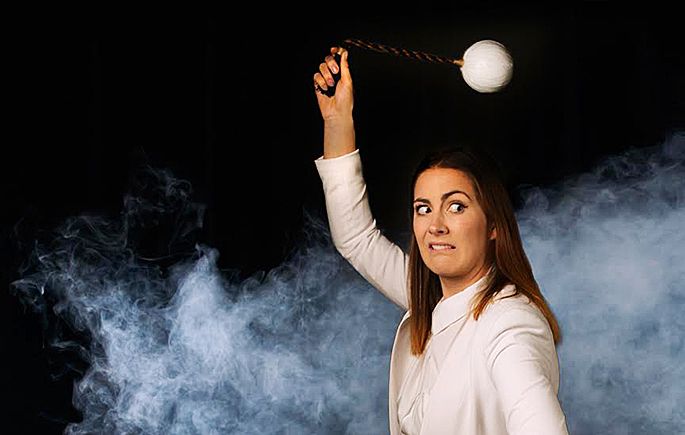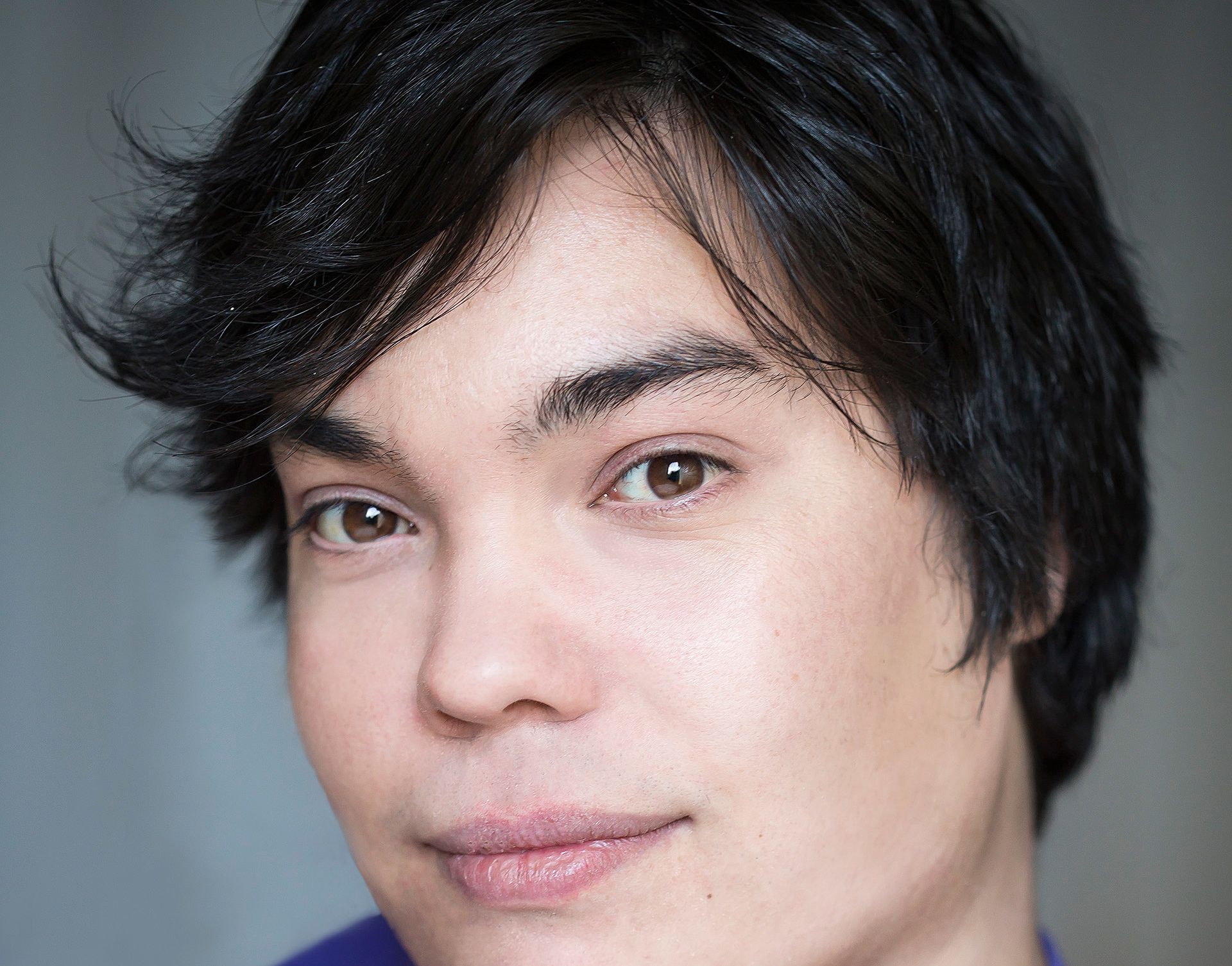Review: Vanilla Miraka
Sam Brooks reviews Vanilla Miraka, the new show from Hayley Sproull that dovetails two difficult, and deeply personal, processes in a form-defying solo show.
Sam Brooks reviews Vanilla Miraka, the new show from Hayley Sproull that dovetails two difficult, and deeply personal, processes in a form-defying solo show.
The past five years have seen a rise in the personal story, and with it - in theatre - the rise of the solo show. It’s a very raw and personal form of theatre; it’s one performer baring themselves, and more often than not their life, for an audience. Vanilla Miraka, the new show from Hayley Sproull, falls neatly into this form, but where it excels and sets itself apart from that mould is the balance it strikes between allowing vulnerability and relying on that vulnerability. It’s an assured, full-bodied and well-formed a solo piece as I’ve ever seen.
To put it simply: Hayley Sproull is a star. And not in the ‘has-been-on-Shortland-Street’-vein of being a star, but in the multi-talented, supernaturally charismatic and tremendously likeable vein of being a star. She’s a triple-threat - she can act, she can sing and she can make fun of herself. It was present in her shows with Chris Parker, Outsider’s Guide right through this year’s Milky Bits, it was clear in last year’s Christmas show at The Basement and in her previous solo shows Miss Fletcher Sings The Blues and You Make Me Feel Like a Natural Woman. She’s a star, one that doesn’t come around often.
What makes Sproull so special is she finds beauty and honesty in the most awkward and forward of moments. She’s raw not in a rehearsed way, but in a way that the audience is seeing the most honest and true version of her, and she’s at her most honest and true when she’s pushing a gag or a line as far as it can go, to make the audience laugh as much as possible. It’s this quality that provides her new solo Vanilla Miraka, with a power that sneaks up on you.
Vanilla Miraka is a deeply personal dovetailing of two very difficult, and very intimate processes. On one hand, it’s a retelling of Sproull’s acceptance of her own quarter-Maori heritage, and her peace with that difficult acceptance. On the other hand, it’s also the story of how she grieved for her Maori grandmother. These processes aren’t treated with reverence, they’re treated like the awkward and ungainly processes they are. Figuring out your self-identity, especially when you don’t look quite right, is awkward. Grieving, which is as deeply personal as anything a human goes through, is often funny. Sproull, and her director Jo Randerson, understand this, and that understanding lets the audience in.
Nailing down the form of Vanilla Miraka is more difficult. At times, it takes the form of stand-up; Sproull’s early rant about the value of ‘quarter’ is the perfect opener to the show, while at others it slips into cabaret, and at others into what seems like sketch. This speaks to the deeply personal nature of the show: it doesn’t have to fit into one form or another; it fits into what Sproull needs it to, in order to express what she’s feeling and thinking at that moment most honestly. If she needs to pull a sari out from underneath the audience, that’s what needs to happen, and if she needs to sing a song, that’s what needs to happen. The form fits the content.
Throughout, Vanilla Miraka toes an uneasy line, it would be very easy to find it offensive or accuse it of poking fun of Maori customs, but the finger and laugh is pointed at Sproull before anything else. Sproull makes fun of herself being uncomfortable around the customs she feels she should be comfortable with, not the customs themselves. She invites the audience to laugh at her, while showing not only her respect for the customs, but her eagerness to learn and be comfortable with those customs. The laughs come from the tension between Sproull and her accepting herself, not between a culture and someone making fun of it. It’s a fine line, but it’s treated with the same delicacy and grace that she treats her own growth with.
Vanilla Miraka ends with the most stirring, and deeply felt, image I’ve seen in a theatre this year. The animated Sproull is stern and resolute in her acceptance not only of her identity, but of the process of that acceptance. There’s no end-point to this, there’s no place where you stop thinking or processing it, and there’s beauty and grace in facing up to that honestly. Vanilla Miraka is that.
Vanilla Mirakaruns at
The Basement Theatre, Auckland
from Tuesday 20 September to Saturday 24 September
For tickets to and more information about Vanilla Miraka, go here.

